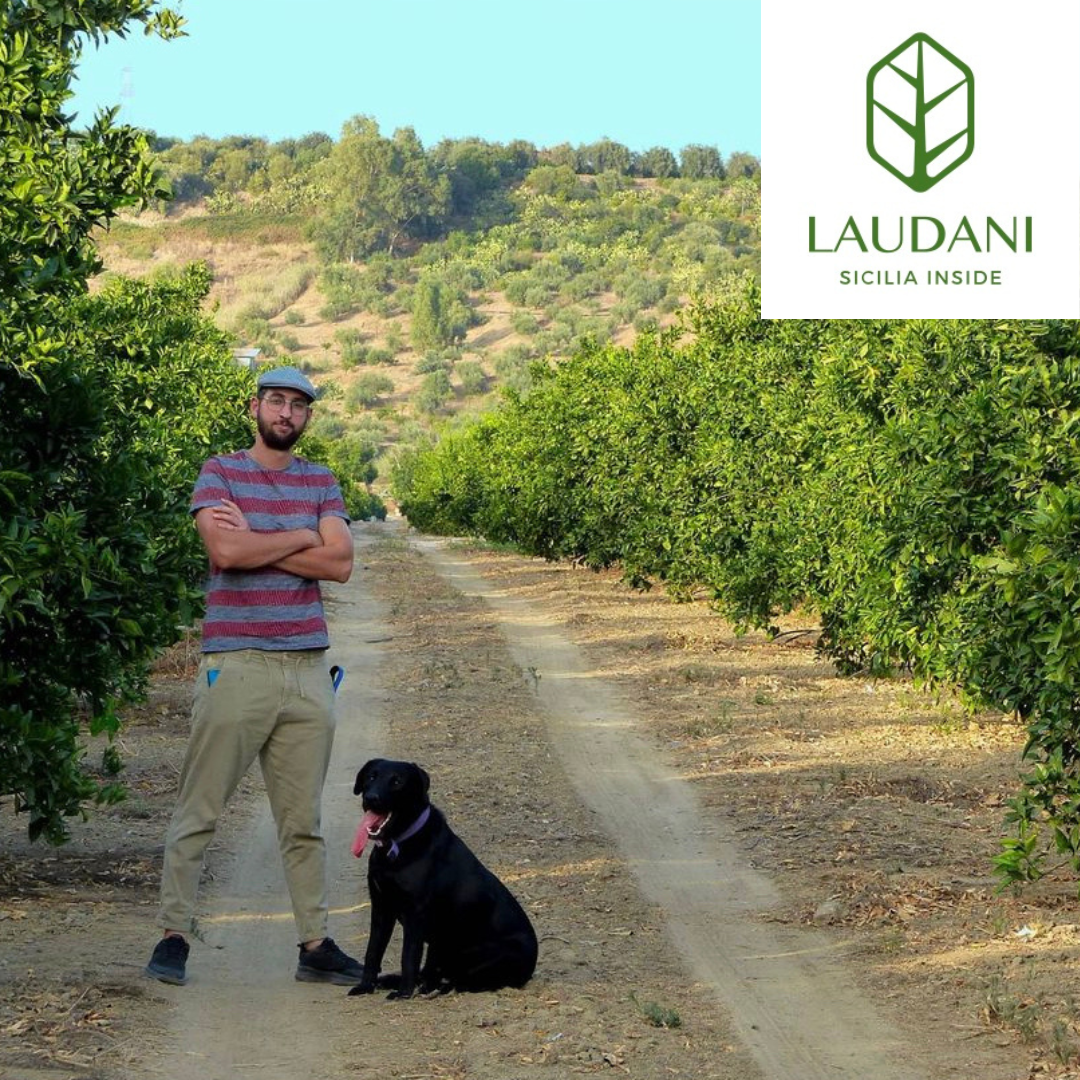
Meet Our Suppliers - The Laudani Farm
Share
The Beautiful Laudani Farm
 Agriculture is an ever-changing industry. Carmelo's family have been active on the foothills of Etna for over 90 years - those years have seen some changes! The demands are changing, consumers' tastes are changing, technologies are changing - hey, people are changing too.
Agriculture is an ever-changing industry. Carmelo's family have been active on the foothills of Etna for over 90 years - those years have seen some changes! The demands are changing, consumers' tastes are changing, technologies are changing - hey, people are changing too.
While some modern technology may be efficient in terms of production, it can simultaneously be harmful to our planet. But there are wondrous resources available that encourage sustainable and natural agriculture. "Our policy is to keep the work simple and natural," Carmelo says, "we avoid the usage of chemicals and we use beneficial insects to keep the farms clean from pests and eventual diseases". Carmelo also keeps a keen eye on the latest developments in solar panel and irrigation technology, and frequently updates his facilities to ensure his farm operates as sustainably as possible.

The Laudani Story
As mentioned, Carmelo farms on the very same land his ancestors tended to more than 90 years ago. Although Carmelo benefits from the progressive technologies of the 21st Century, he dutifully works with the same ethos that has been handed down to him by his father and grandfather.
The story of Laudani stretches back four generations. Carmelo's great grandfather, Antonino, laboured the fields of wealthy landlords in Sicily. It wasn't until his grandfather (whom Carmelo is named after) started to earn a living that the passion for fruit farming accelerated. With more accessible and affordable land to rent, Nonno Carmelo started harvesting watermelon, saving up until he could buy his own land. Once he did, he planted oranges and the zest is history. Sorry.
History is a resource to learn from and Carmelo insists that his methods must stay true to the "peculiar ways of farming" that he has inherited: to stay close to nature and to gracefully collect its rewards.

What makes Etna such fertile soil for beautiful citrus?
There's a saying in Sicily which (roughly) translates as lemons are not real lemons unless they're Sicilian. We asked Carmelo why fruit from the area tastes so damn good. "Etna gives us lots and lots of help," he appreciatively explains, "the peculiarity of the soil makes a real difference between our citrus fruits and other varieties from different parts of the world".
Further, have you ever wondered where blood oranges get their distinctive blush from? Well, Carmelo tells us how Sicily's extraordinary geography of having both the sea and mountains in such close proximity means that the days are very warm and the nights are very cold. "This gap," Carmelo explains, "makes the oranges blush".

What does happen when life gives you LOTS of lemons?
Believe it or not, the Laudani company does not use any storage. Everything that gets picked gets shipped. Of course, as Newton observed, fruit has a tendency to fall from trees. Surely this means there's waste? Well, Carmelo tells us that this "waste" is actually pretty handy. Once it drops, it can help with fertilisation and boost next year's production.
Any excess fruit gets hand-collected by Carmelo and his team and is delivered to local companies. When these people are given lemons, they make limoncello, or use it in cosmetics. We use these wonderful lemons to make marmalade; we do the same with their blood oranges and grapefruits.


Fancy giving our Sicilian citrus marmalades a try? View our marmalade collection by clicking here.
Thanks for reading, folks! There's something so comforting about the brightness of Sicilian citrus. The winter days are short, cold and dark. However, seeing pallets of radiant citrus fruit arrive through our door always brightens our day.
When making our Sicilian marmalades, we wanted to capture this sparkling beauty and share it with you. We do hope you love eating them as much as we enjoy making them.
